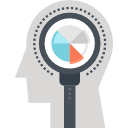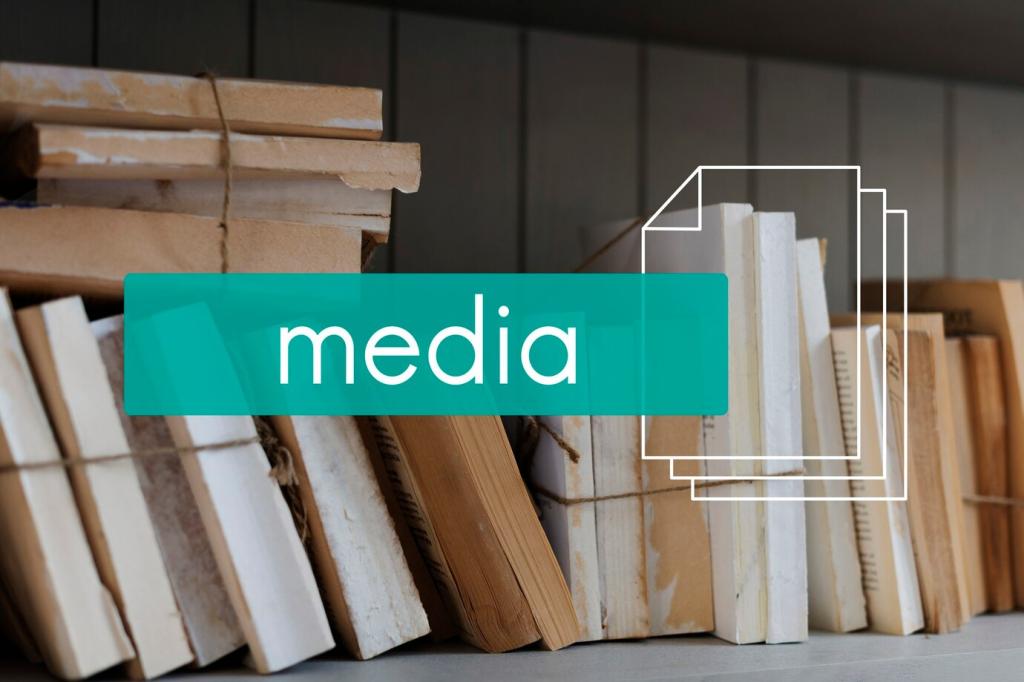Integrating Encyclopedias into Your Research Workflow
Harvest synonyms, key phrases, and subject headings from encyclopedia entries. Note proper names, historical periods, and methodological labels. Then test those terms in databases like JSTOR, PubMed, or your library catalog. This keyword bank boosts precision and reveals relevant scholarship you might otherwise miss.
Integrating Encyclopedias into Your Research Workflow
Follow “see also” links to trace relationships among theories, people, and methods. Sketch a quick concept map of connections you discover, then identify gaps that deserve deeper reading. Try this now with one entry and share how your map changed your understanding of the topic.







